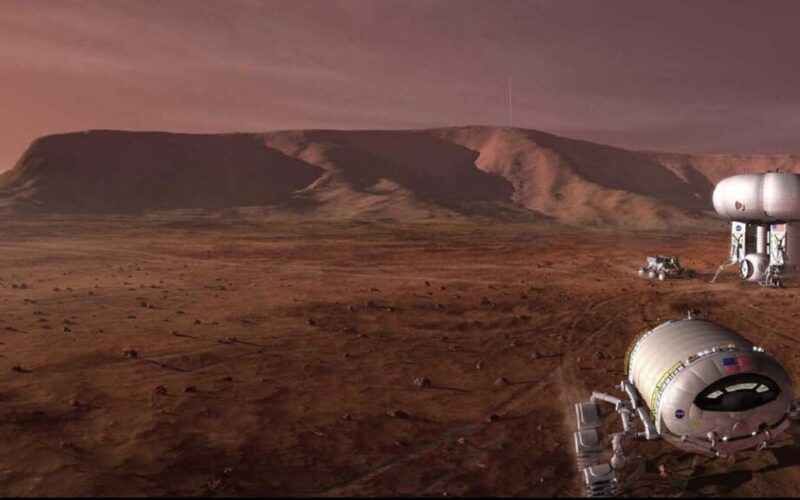Living on Mars has long been a dream sold by sci-fi and Silicon Valley visionaries, but the reality is far more complicated. Even if we solve the technical problems of rockets and habitats, deeper hurdles remain, like politics, psychology, and ethics. The road to a Red Planet colony isn’t just paved with science; it’s blocked by some very human issues. These ten non-scientific obstacles might keep us grounded forever.
1. Mental toll of isolation
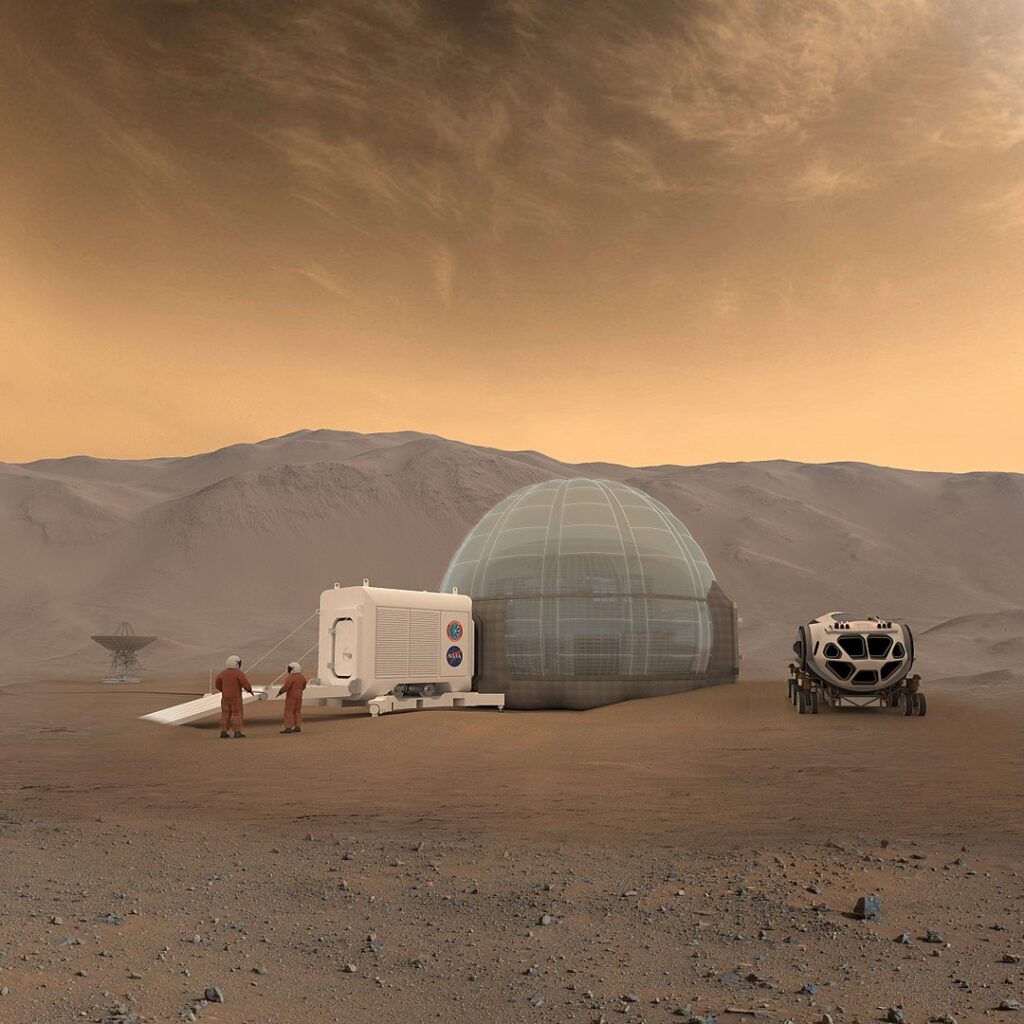
Life on Mars would mean years of isolation, limited contact with Earth, and a confined social circle. The psychological strain of living in a metal pod with no real escape could wear even the strongest minds down. No fresh air, no nature, no change of scenery, just the same red dust outside every day. NASA already sees signs of stress in simulation studies, and the mental toll could prove more dangerous than space radiation.
2. No political roadmap
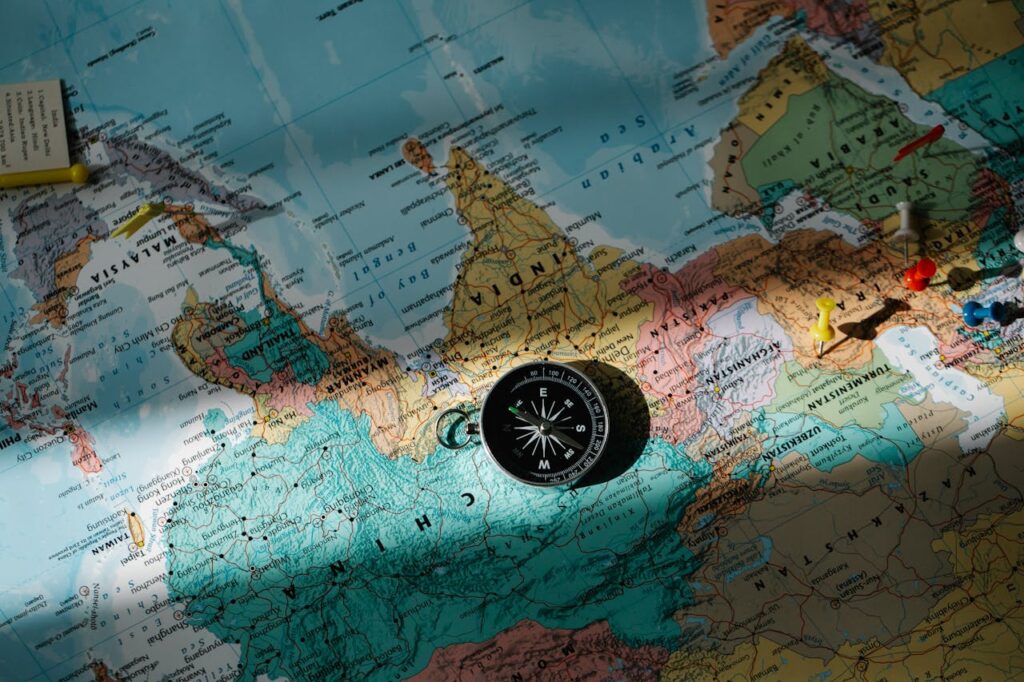
There’s no clear legal or political framework for living on Mars. Who owns the land? Who governs the colony? Without international agreements, Mars settlements could turn into legal chaos, or worse, conflict. The Outer Space Treaty only goes so far, and space-faring nations haven’t decided how to handle property rights, citizenship, or law enforcement on another planet. Until these questions are resolved, building a Martian society is more fantasy than future.
3. Cultural resistance to leaving Earth

Even with the means to escape Earth, most people don’t want to leave it behind. Our cultures, memories, and emotional ties are deeply rooted in this planet. Convincing people to abandon Earth’s beauty for a sterile Martian base is a tough sell. It’s not just about adventure, it’s about giving up sunsets, oceans, and all the messy, wonderful things that make life feel human. Colonizing Mars may clash with our very sense of home.
4. Risk of planetary contamination
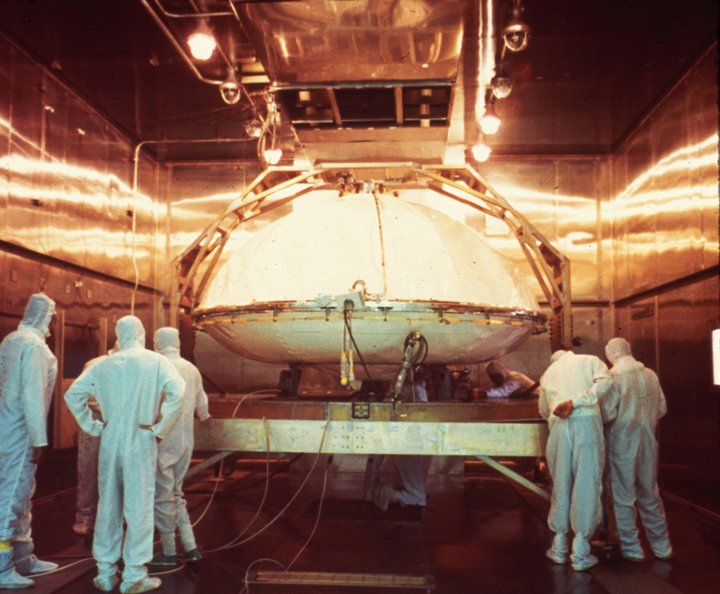
Before we move in, we have to consider what we might destroy. Sending humans to Mars could irreversibly contaminate it with Earth microbes. If Martian life exists, even in microbial form, we could wipe it out before we even discover it. Space agencies enforce strict planetary protection guidelines, but human presence complicates everything. Do we have the right to overwrite Mars’s natural state in the name of colonization?
5. Lack of economic incentive
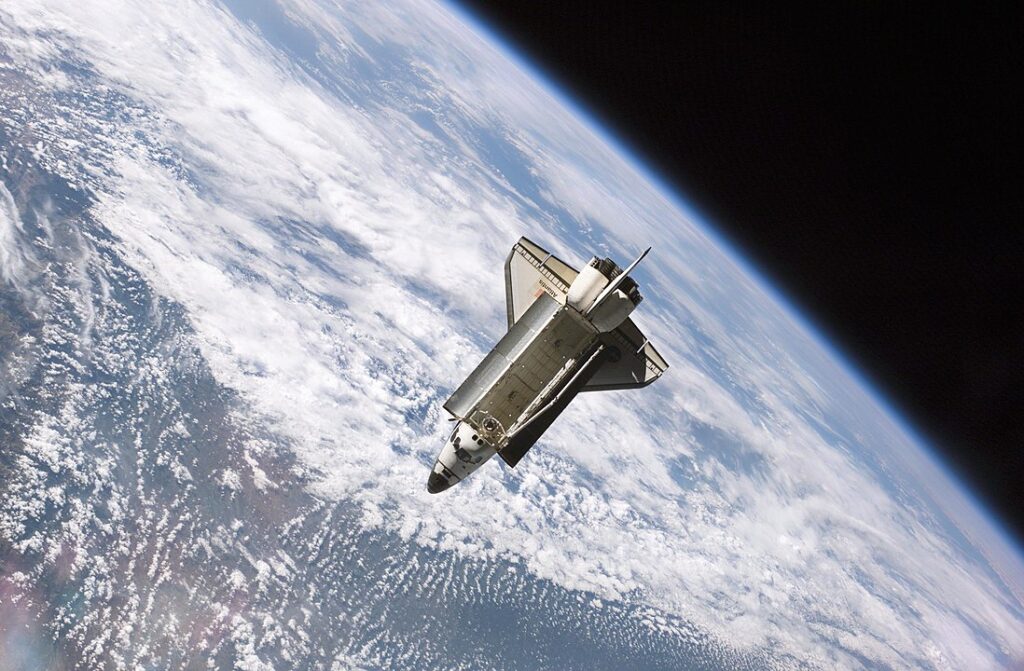
For now, there’s no real profit to be made on Mars. Mining is expensive, tourism is unrealistic, and agriculture is barely theoretical. Most space programs are government-funded, and private companies will only go so far without return on investment. If the numbers don’t work, Mars won’t happen. Dreams need dollars, and without clear economic gain, investors might lose interest long before we build that first habitat dome.
6. Fragile human biology
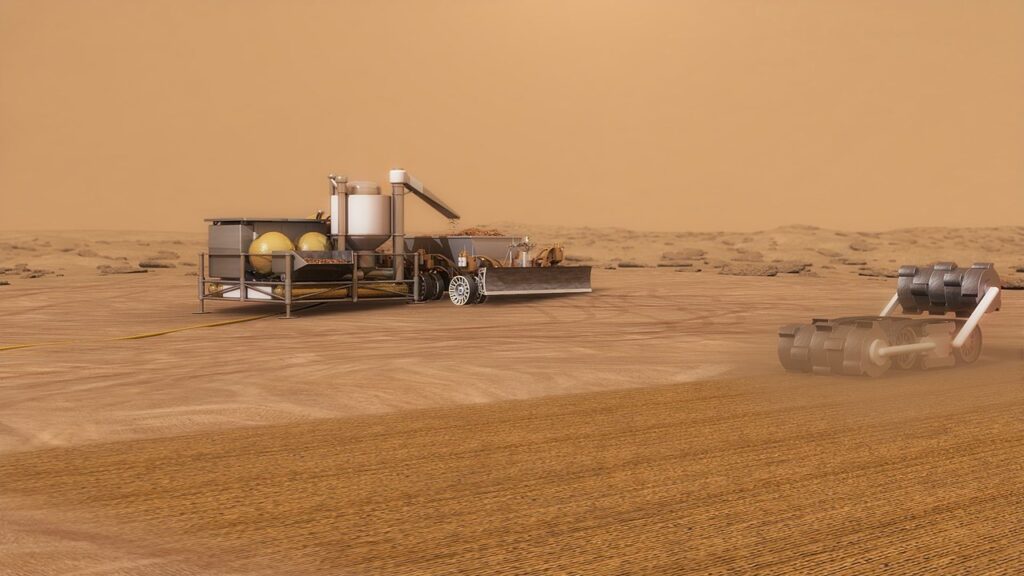
Our bodies are built for Earth, and they don’t adapt easily. Mars has one-third Earth’s gravity, which could wreak havoc on muscles, bones, and organ function over time. Radiation exposure is another major threat. Even with shielding, long-term exposure could lead to cancer and other health problems. We can’t evolve overnight, and no amount of technology fully protects us from a planet that simply isn’t built for human life.
7. No return plan
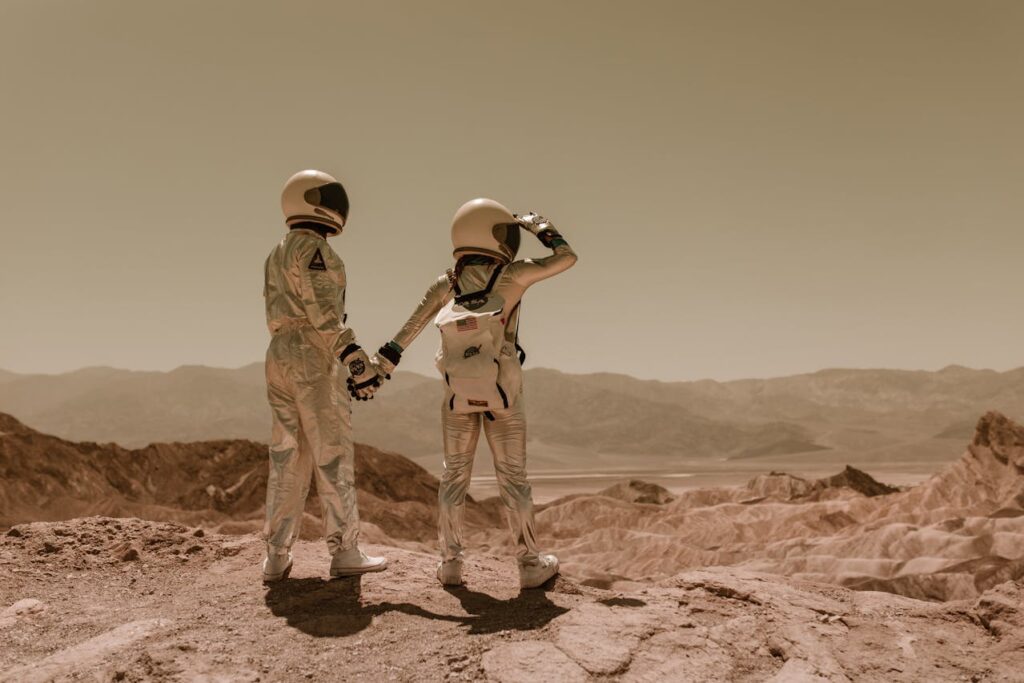
Getting to Mars is hard, getting back is even harder. As of now, there’s no reliable plan to bring humans home safely after a Mars mission. That means early settlers could be making a one-way trip. The moral weight of sending people without a return option is huge. It’s a gamble with lives, and many governments may be unwilling to take that risk. Until we crack the return problem, Mars will remain out of reach.
8. Ethical concerns of colonization
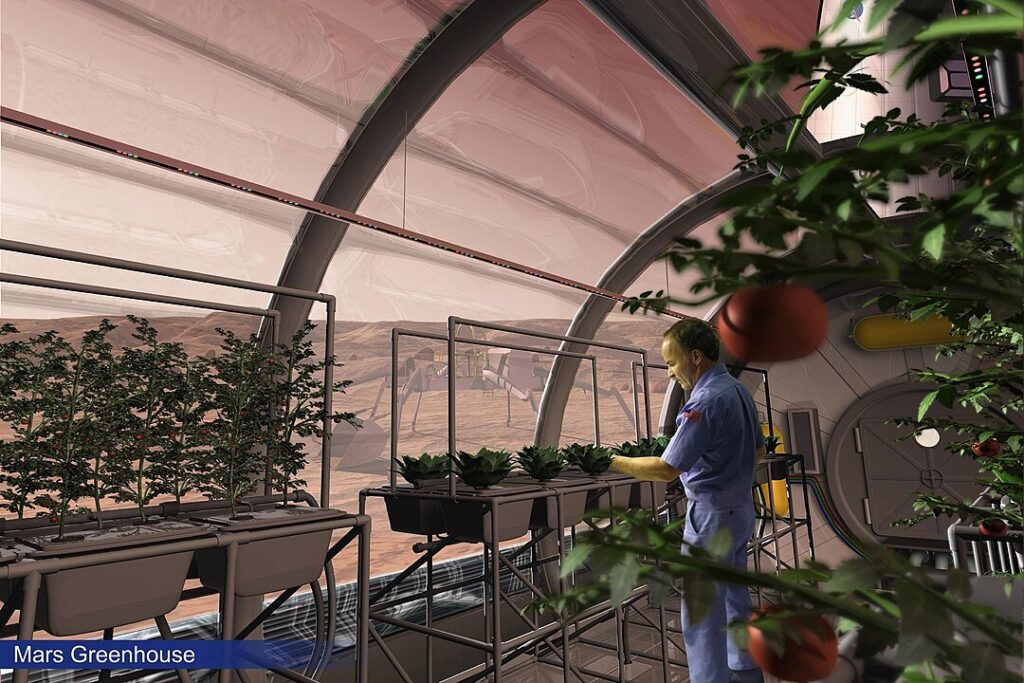
History is filled with dark chapters of colonization, and some fear Mars could repeat them in space. The very language of “settling” or “conquering” the Red Planet raises questions about human entitlement. What if we approach Mars with the same mindset that damaged Earth and its ecosystems? Should we treat Mars as a blank slate, or something to respect and preserve? The ethics of interplanetary expansion are murky and unresolved.
9. Mars might not want us
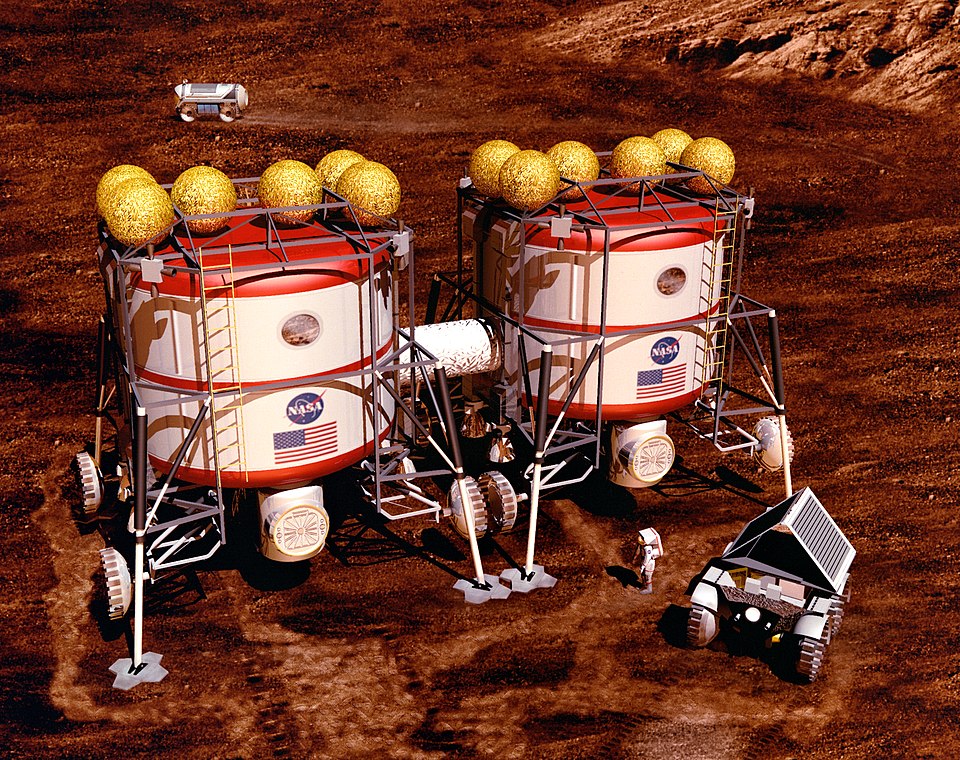
Mars is a hostile place. Its thin atmosphere, freezing temperatures, and dust storms all say: “stay away.” Life support would be expensive and fragile. One system failure could mean disaster. Nature already fights us on Earth, on Mars, that fight would be nonstop. It’s not just a challenge to survive; it’s a question of whether Mars is even compatible with long-term human presence. The planet may reject us entirely.
10. Climate risks we haven’t faced

Even if we build a colony, we have no idea how Mars’s climate might behave over time. The planet has its own rhythms, including dust storms that can engulf the entire surface. A fragile Mars habitat might not stand up to decades of unpredictable changes. We’ve seen how poorly we handle climate shifts on Earth, are we ready to face them in a colder, more extreme world?
